Fed’s Barkin says tariffs will push up inflation
Federal Reserve Bank of Richmond President Thomas Barkin said on Thursday tariffs are very likely to push inflation up over coming months, in remarks that said U.S. central bank policy is where it needs to be to deal with what lies ahead. “I do believe we will see pressure on prices,” Barkin told a gathering of the New York Association for Business Economics. When it comes to tariffs and their impact on price pressures, “to date, these increases have had only modest effects on measured inflation, but I anticipate more pressure is coming,” amid comments from businesses that they expect to pass at least some of the rise in import taxes imposed by President Donald Trump. “That said, I don’t expect the impact on inflation to be anywhere near as significant as what we just experienced” during the pandemic and there are signs that consumers will try to move away from tariffed goods, which could limit some of the upsides for higher inflation. Last week, the Fed’s most recent gathering of the rate-setting Federal Open Market Committee saw officials leave their overnight target rate unchanged at between 4.25% and 4.5%. Uncertainty over the outlook is keeping the central bank on the sidelines amid expectations the tariffs will push up inflation this year while depressing growth and hiring. In his remarks, Barkin noted the Fed is facing risks on both its job and inflation mandates. Citing the uncertainty of the outlook, Barkin declined to say where monetary policy is heading, while cautioning there are a number of scenarios in play for the central bank’s interest rate target and the exact timing of a rate move matter much less than many expect. While most Fed officials are in a wait-and-see mode and Fed Chair Jerome Powell reiterated that message this week in testimony before Congress, some officials on the Board of Governors have said they view tariffs as a one-time price increase and are open to cutting short-term interest rates at the late July FOMC meeting. Futures markets believe the Fed will cut rates at the September FOMC meeting. Barkin told reporters after his speech that policymakers should never take any action off the table, while adding he’s still seeking data to know what to do with interest rate policy. “Given the strength in today’s economy, we have time to track developments patiently and allow the visibility to improve,” Barkin said, adding, “when it does, we are well positioned to address whatever the economy will require.” Barkin also said that given inflation had been on a cooling trend at the onset of the tariff regime, hiking rates to contain price pressures “doesn’t seem like the topic of the day.” Barkin said that as the economy now stands things look pretty good and recent inflation data was “encouraging.” He said job growth has been “healthy.” —Michael S. Derby, Reuters
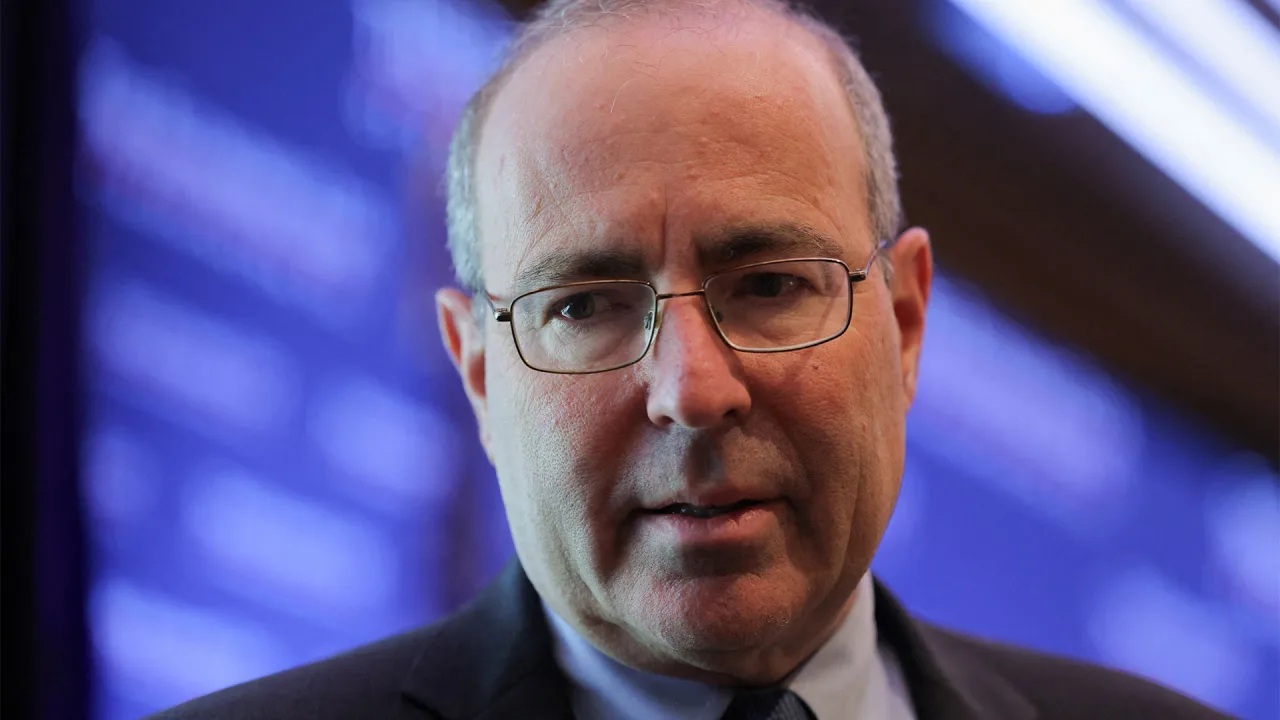
Federal Reserve Bank of Richmond President Thomas Barkin said on Thursday tariffs are very likely to push inflation up over coming months, in remarks that said U.S. central bank policy is where it needs to be to deal with what lies ahead.
“I do believe we will see pressure on prices,” Barkin told a gathering of the New York Association for Business Economics.
When it comes to tariffs and their impact on price pressures, “to date, these increases have had only modest effects on measured inflation, but I anticipate more pressure is coming,” amid comments from businesses that they expect to pass at least some of the rise in import taxes imposed by President Donald Trump.
“That said, I don’t expect the impact on inflation to be anywhere near as significant as what we just experienced” during the pandemic and there are signs that consumers will try to move away from tariffed goods, which could limit some of the upsides for higher inflation.
Last week, the Fed’s most recent gathering of the rate-setting Federal Open Market Committee saw officials leave their overnight target rate unchanged at between 4.25% and 4.5%. Uncertainty over the outlook is keeping the central bank on the sidelines amid expectations the tariffs will push up inflation this year while depressing growth and hiring.
In his remarks, Barkin noted the Fed is facing risks on both its job and inflation mandates. Citing the uncertainty of the outlook, Barkin declined to say where monetary policy is heading, while cautioning there are a number of scenarios in play for the central bank’s interest rate target and the exact timing of a rate move matter much less than many expect.
While most Fed officials are in a wait-and-see mode and Fed Chair Jerome Powell reiterated that message this week in testimony before Congress, some officials on the Board of Governors have said they view tariffs as a one-time price increase and are open to cutting short-term interest rates at the late July FOMC meeting.
Futures markets believe the Fed will cut rates at the September FOMC meeting. Barkin told reporters after his speech that policymakers should never take any action off the table, while adding he’s still seeking data to know what to do with interest rate policy.
“Given the strength in today’s economy, we have time to track developments patiently and allow the visibility to improve,” Barkin said, adding, “when it does, we are well positioned to address whatever the economy will require.”
Barkin also said that given inflation had been on a cooling trend at the onset of the tariff regime, hiking rates to contain price pressures “doesn’t seem like the topic of the day.”
Barkin said that as the economy now stands things look pretty good and recent inflation data was “encouraging.” He said job growth has been “healthy.”
—Michael S. Derby, Reuters

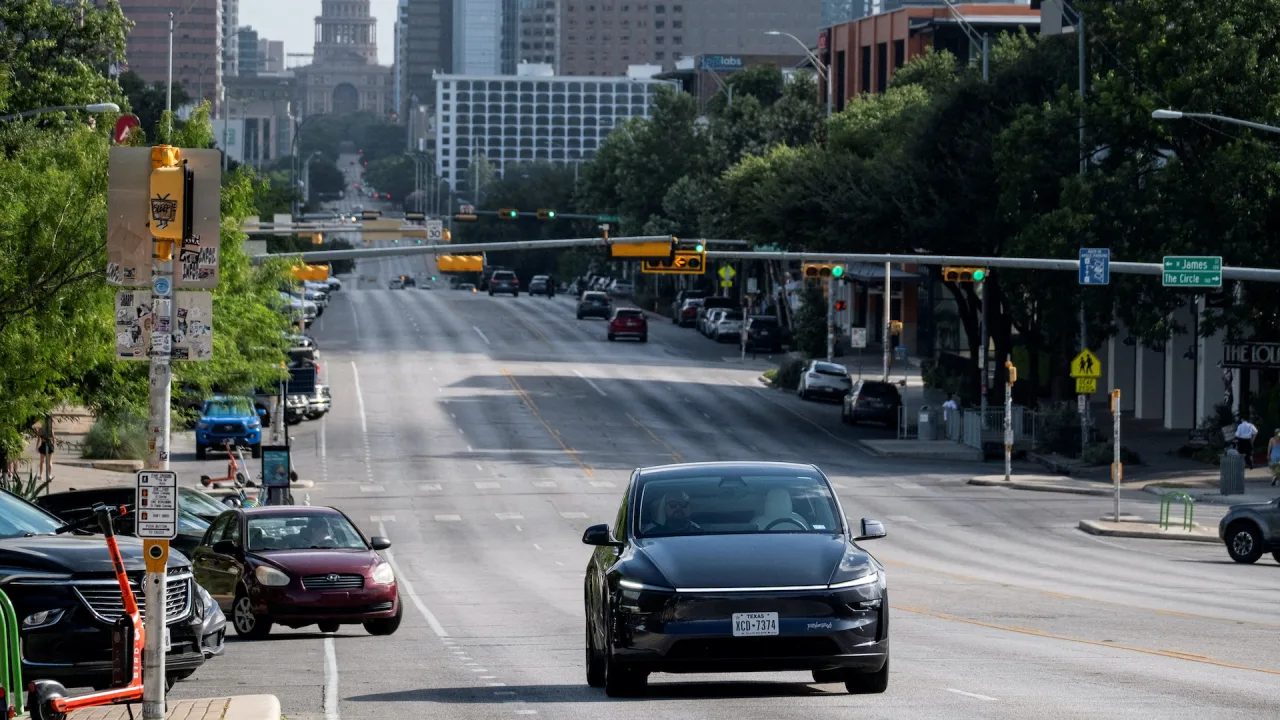





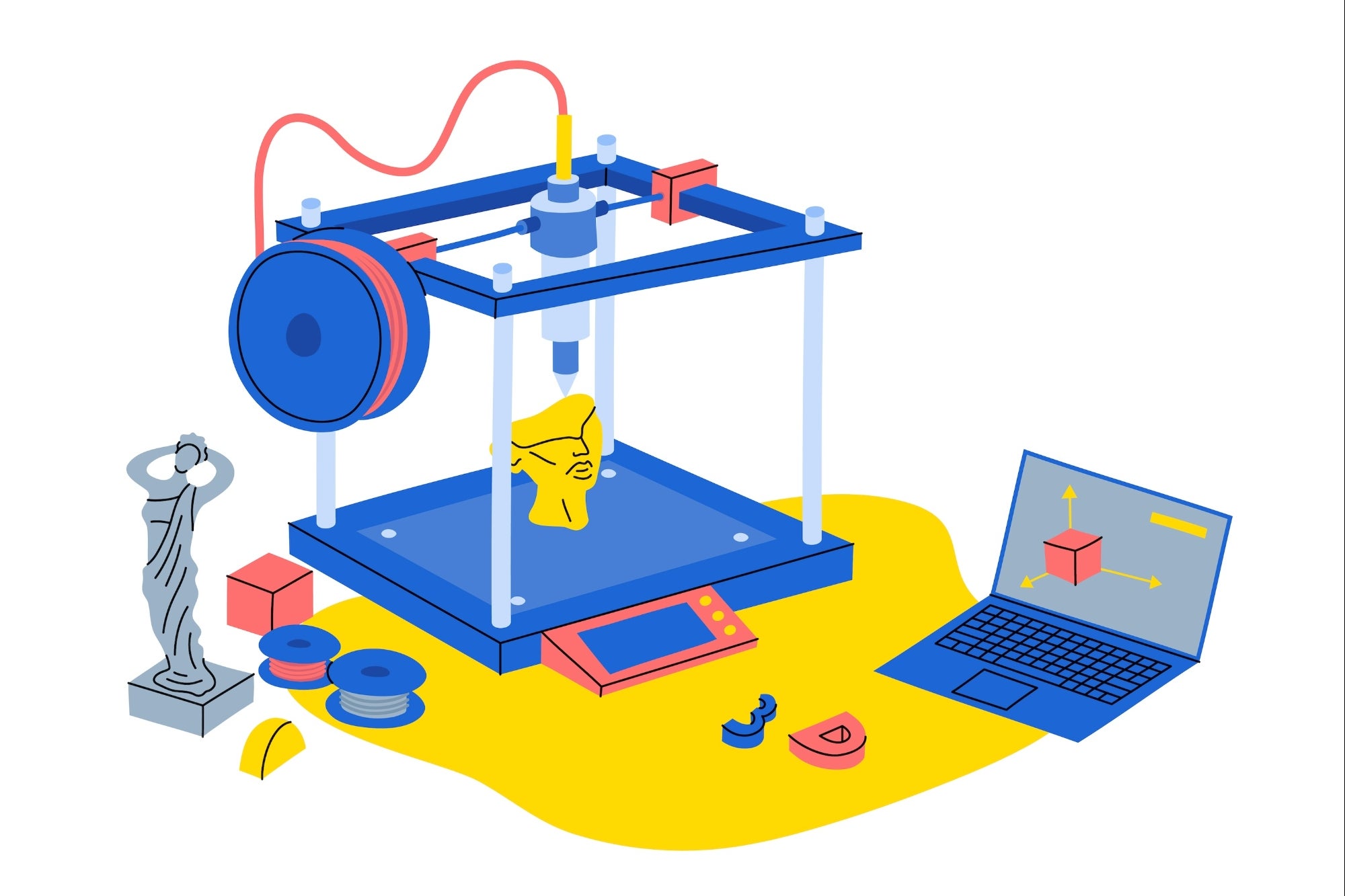





































































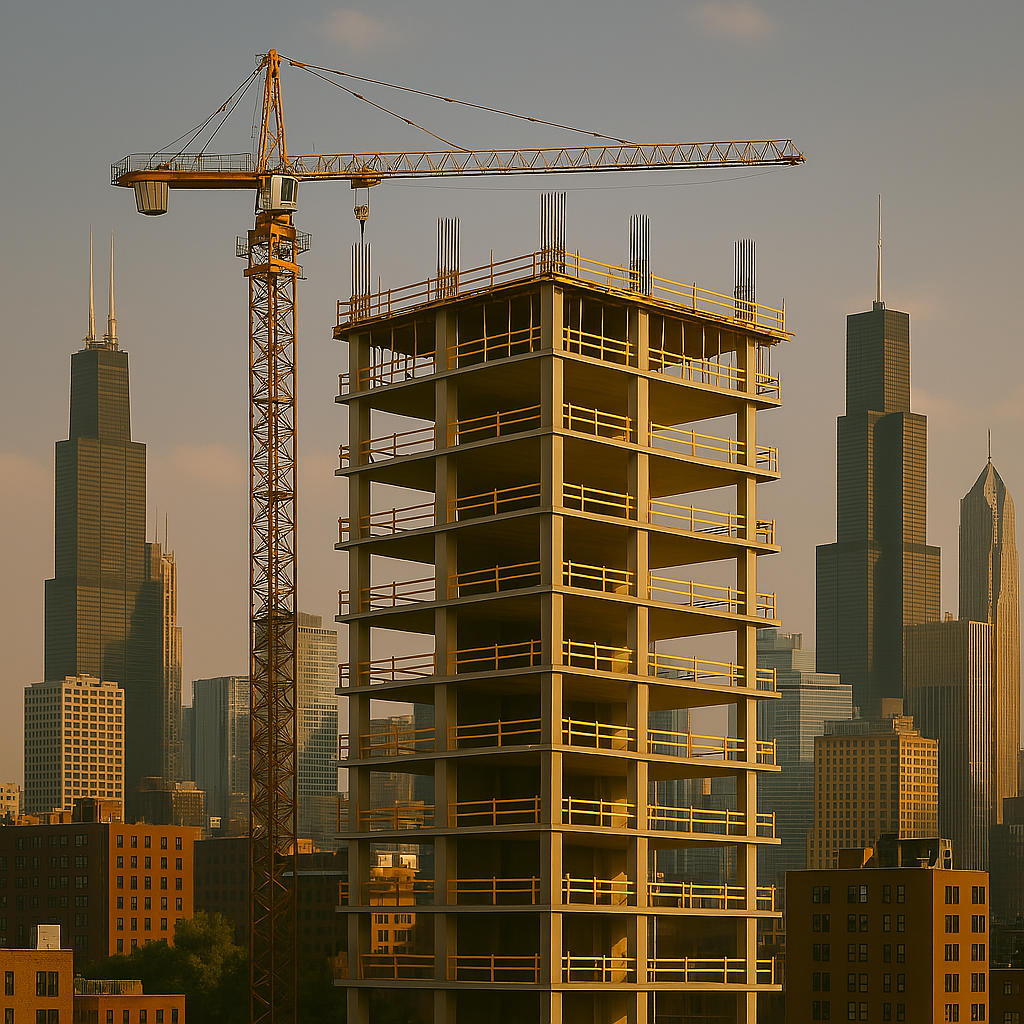
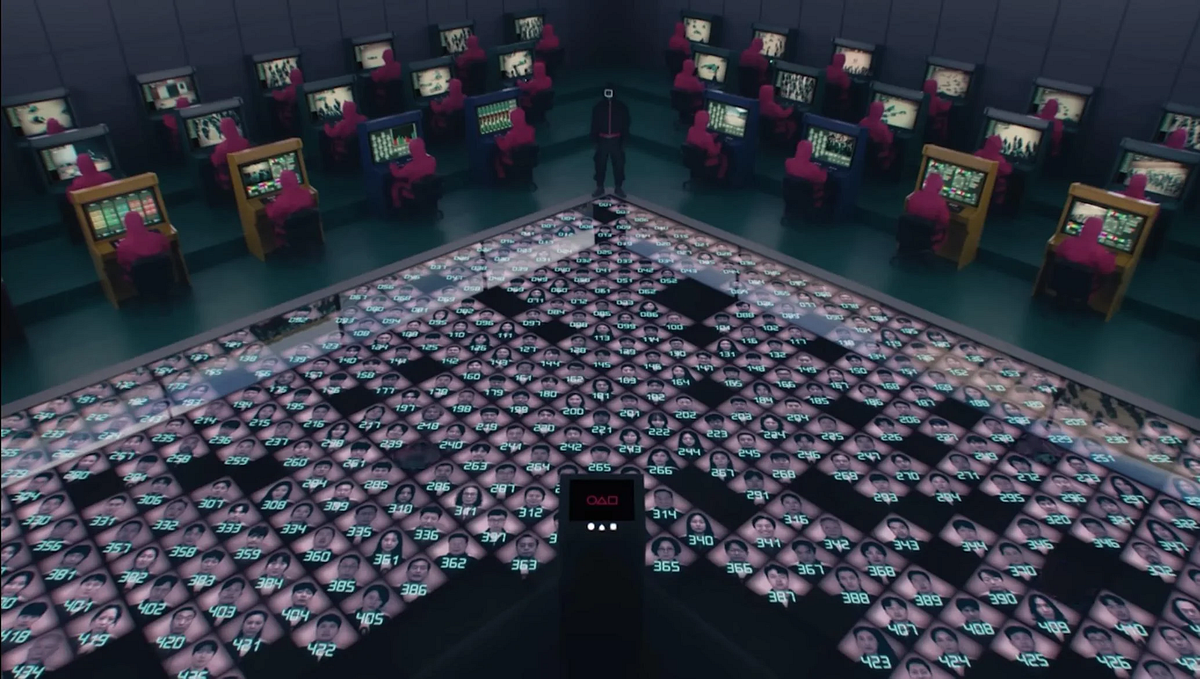
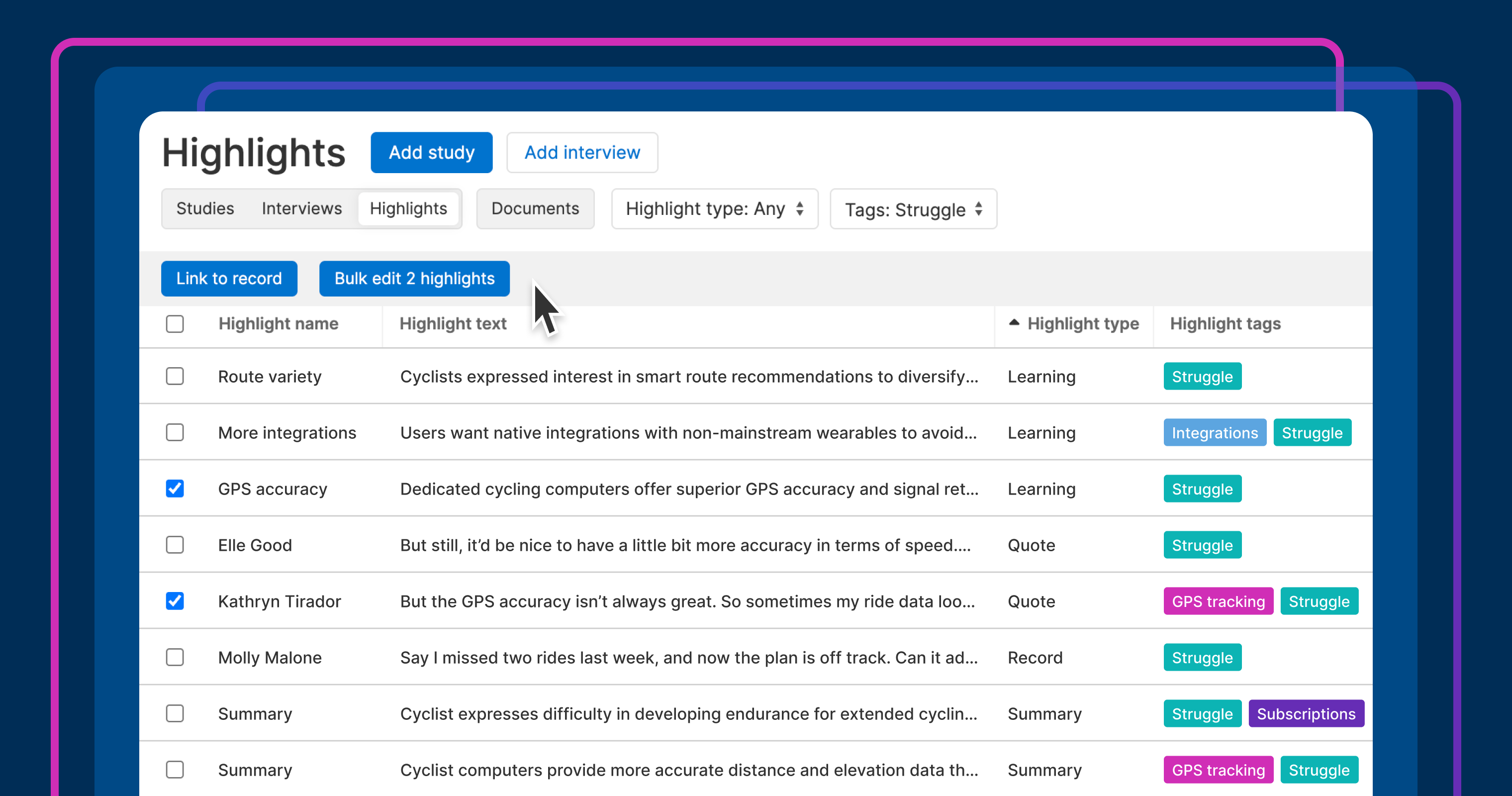
























![Building A Digital PR Strategy: 10 Essential Steps for Beginners [With Examples]](https://buzzsumo.com/wp-content/uploads/2023/09/Building-A-Digital-PR-Strategy-10-Essential-Steps-for-Beginners-With-Examples-bblog-masthead.jpg)














































